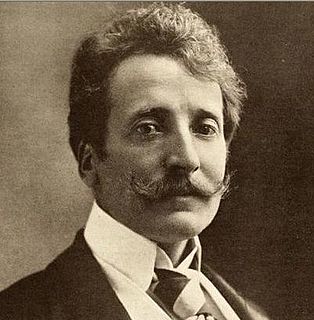A Quote by Juvenal
Related Quotes
Look at the animals roaming the forest: God’s spirit dwells within them. Look at the birds flying across the sky: God’s spirit dwells within them. Look at the tiny insects crawling in the grass: God’s spirit dwells within them. Look at the fish in the river and sea….There is no creature on earth in whom God is absent… his breath had brought every creature to life… God’s spirit is present within plant as well. The presence of God’s spirit in all living things is what makes them beautiful; and if we look with God’s eyes, nothing on earth is ugly.
The step between prudence and paranoia is short and steep. Prudence wears a seat belt. Paranoia avoids cars. Prudence washes with soap. Paranoia avoids human contact. Prudence saves for old age. Paranoia hoards even trash. Prudence prepares and plans, paranoia panics. Prudence calculates the risk and takes the plunge. Paranoia never enters the water.
Greatly ought we to rejoice that God dwells in our soul; and more greatly ought we to rejoice that our soul dwells in God. Our soul is created to be God’s dwelling place, and the dwelling of our souls is God, who is uncreated. It is a great understanding to see and know inwardly that God, who is our Creator, dwells in our soul, and it is a far greater understanding to see and know inwardly that our soul, which is created, dwells in God in substance, of which substance, though God, we are what we are.
St. Teresa of Avila wrote: 'All difficulties in prayer can be traced to one cause: praying as if God were absent.' This is the conviction that we bring with us from early childhood and apply to everyday life and to our lives in general. It gets stronger as we grow up, unless we are touched by the Gospel and begin the spiritual journey. This journey is a process of dismantling the monumental illusion that God is distant or absent.







































